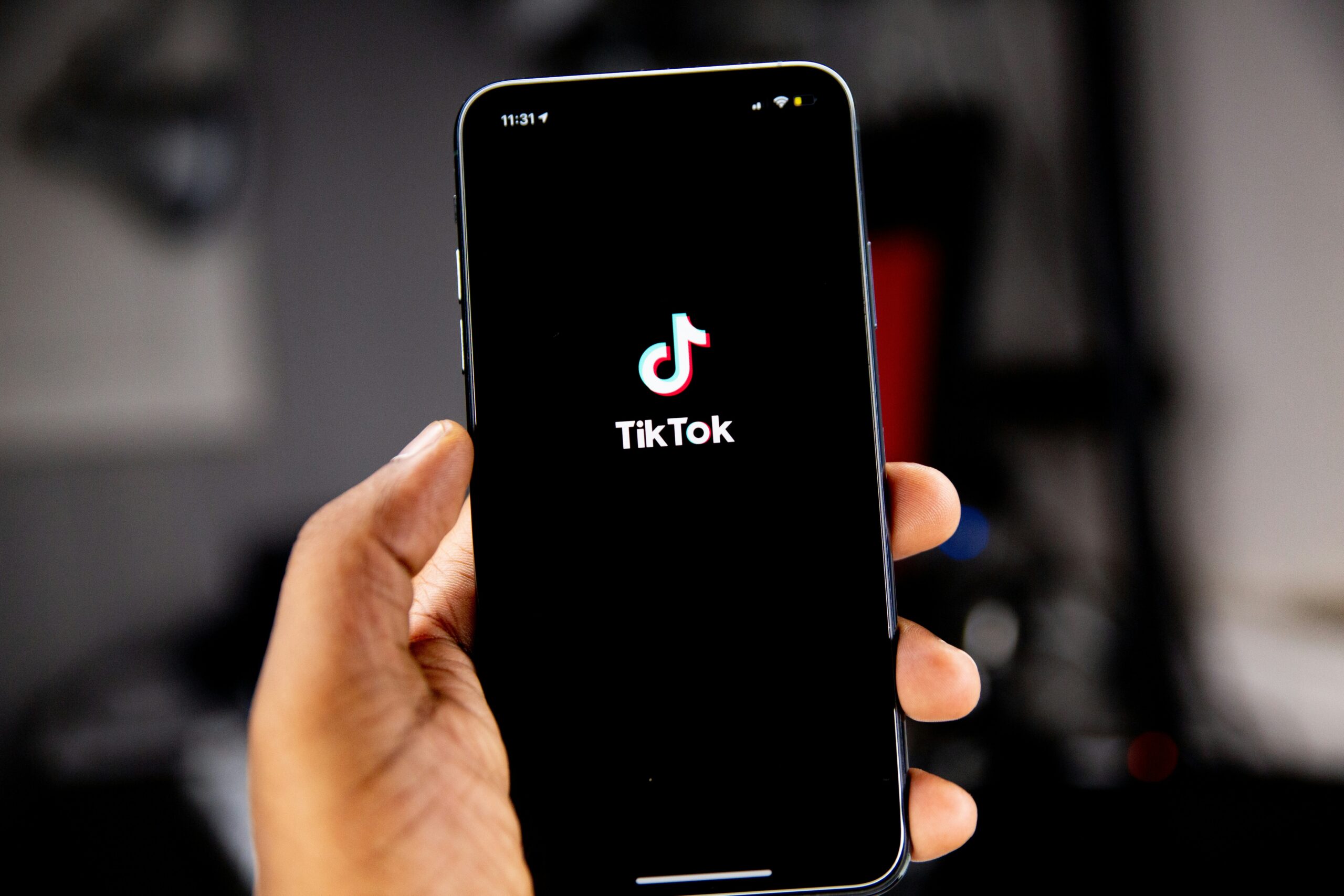The legislation, known as the Protecting Americans from Foreign Adversary Controlled Applications Act, passed the U.S. House on a bipartisan 352-65 vote on Wednesday morning.
The measure requires TikTok to part ways with its Chinese parent company, ByteDance, within six months or face a ban in American app stores and web-hosting services. The lawmakers are concerned about the potential leak of users’ data on the app to the Chinese government, noting that the country’s national security laws require organizations to cooperate with intelligence gathering.
Republican Rep. Mike Gallagher and Democratic ranking member Rep. Raja Krishnamoorthi put forward the legislation on Tuesday.
“This is my message to TikTok: break up with the Chinese Communist Party or lose access to your American users,” Gallagher said in a news release. “TikTok’s time in the United States is over unless it ends its relationship with CCP-controlled ByteDance.”
Both of them are members of the House Select Committee on the Strategic Competition between the United States and the Chinese Communist Party.
The bill also notes that among over 170 million American users on TikTok, no one would see enforcement against them for having the app on their mobile devices.
“Americans need to ask themselves whether they want to give the Chinese government the ability to control access to their data, whether they want to give the Chinese government the ability to control the information they get through the recommendation algorithm,” FBI Director Christopher Wray told House Intelligence Committee members on Tuesday, mentioning that the Chinese government could compromise Americans’ devices through the software.
Jinghao Sun, a first-year Humber student from China, said that there are two versions of TikTok – domestic and international. As for the Chinese version, users have to provide their IDs issued by the government to create an account on the app.
“When I came to Canada, I started to use an international version of TikTok and was surprised to see how open it was. People can say whatever they want,” he says. “In China, people are wary of what they’re posting because the government might think you can cause a chaotic situation and get people to protest about something.”
Sun added that some Chinese social media platforms have relations with the government by sharing some data. One of the examples is WeChat, a Chinese version of Instagram and the most popular app in the country.
While Shou Zi Chew, the CEO of TikTok, denies that the app can share its users’ data with the government of China, Sun recommends being aware of what information is shared on the platform.

Shou Zi Chew, the CEO of TikTok, said the app doesn't have an agreement with the Chinese government to share users' personal information. Photo credit: Facebook/ Shou Zi Chew
“I don’t think people should put too much personal information online. It’s better to keep it to yourself.”
In his official statement, Liu Pengyu, a spokesperson for the Chinese Embassy in Washington, accused the U.S. of spreading disinformation.
The U.S. “has not been able to give hard evidence to prove the so-called threats from TikTok to U.S. national security,” he said, calling on the U.S. government to “provide an open, fair, equal and non-discriminatory business environment to companies of all countries operating in the U.S.”
Another Humber student said he agrees with a ban spotlighting other potential issues with the app. Tejveel Singh, a final-year student in the business administration program, told Humber News that he is ‘against’ using TikTok calling the app a ‘distraction’ and ‘generation problem’.

Humber student Tajveel Singh called TikTok a 'generation problem' Photo credit: Angelina Kochatovska
“I don’t use TikTok because it’s a big distraction for me with a lot of advertisements and fake activities,” he said. “It is creating a generation problem when people will stop exploring life because they already have started to live mostly in the social media world.”
Singh also added that he’s ‘sure’ that some social media platforms can leak information about users to the government.
So far, Canadian officials haven’t commented on the issue yet after its ban of the app on federal employees’ devices last year.
Amid TikTok influencers’ protests on Capitol Hill during the House’s voting, the legislation is heading to the Senate.
“We are hopeful that the Senate will consider the facts, listen to their constituents, and realize the impact on the economy, 7 million small businesses, and the 170 million Americans who use our service,” said Alex Haurek, a TikTok spokesperson, in the statement.

